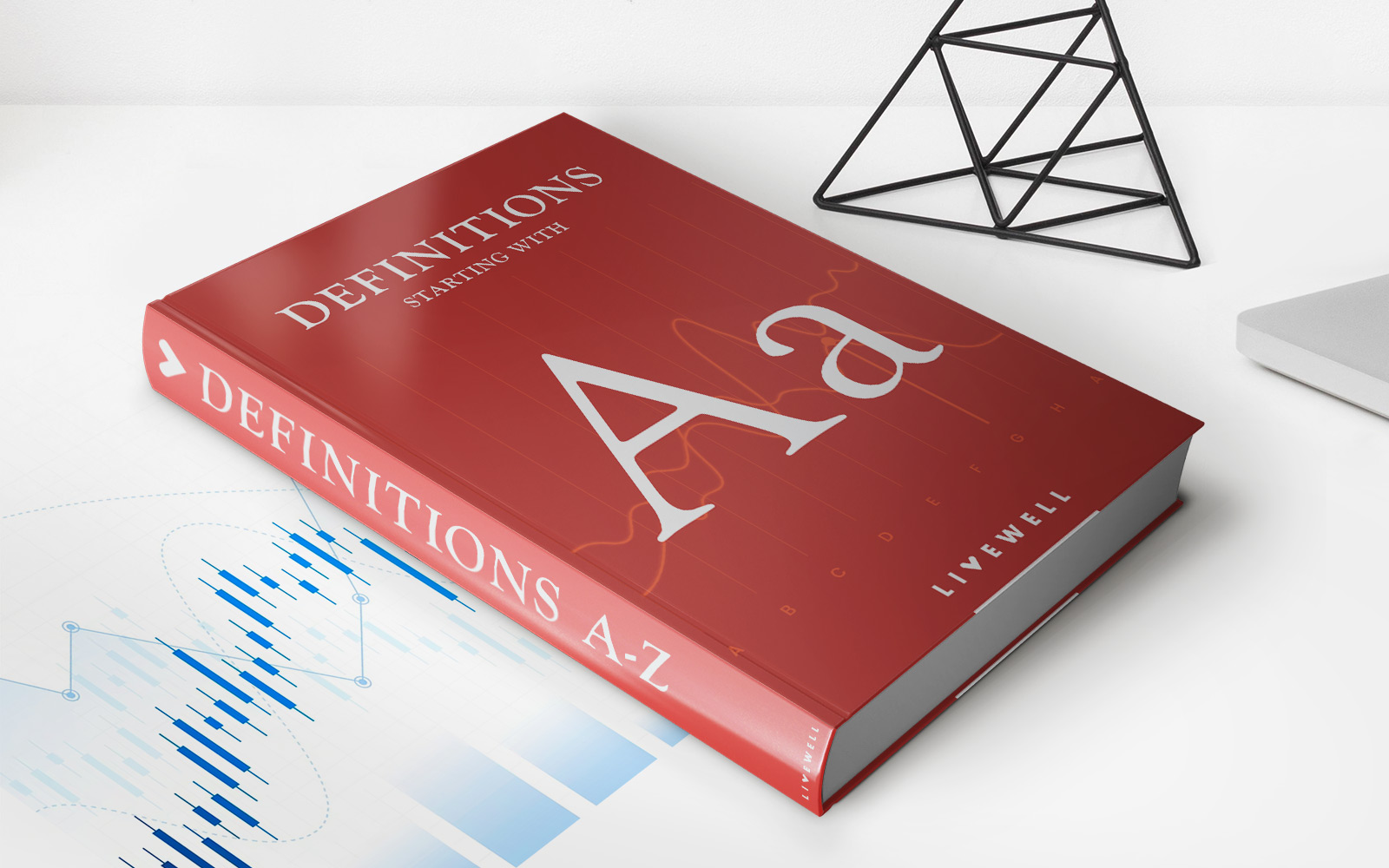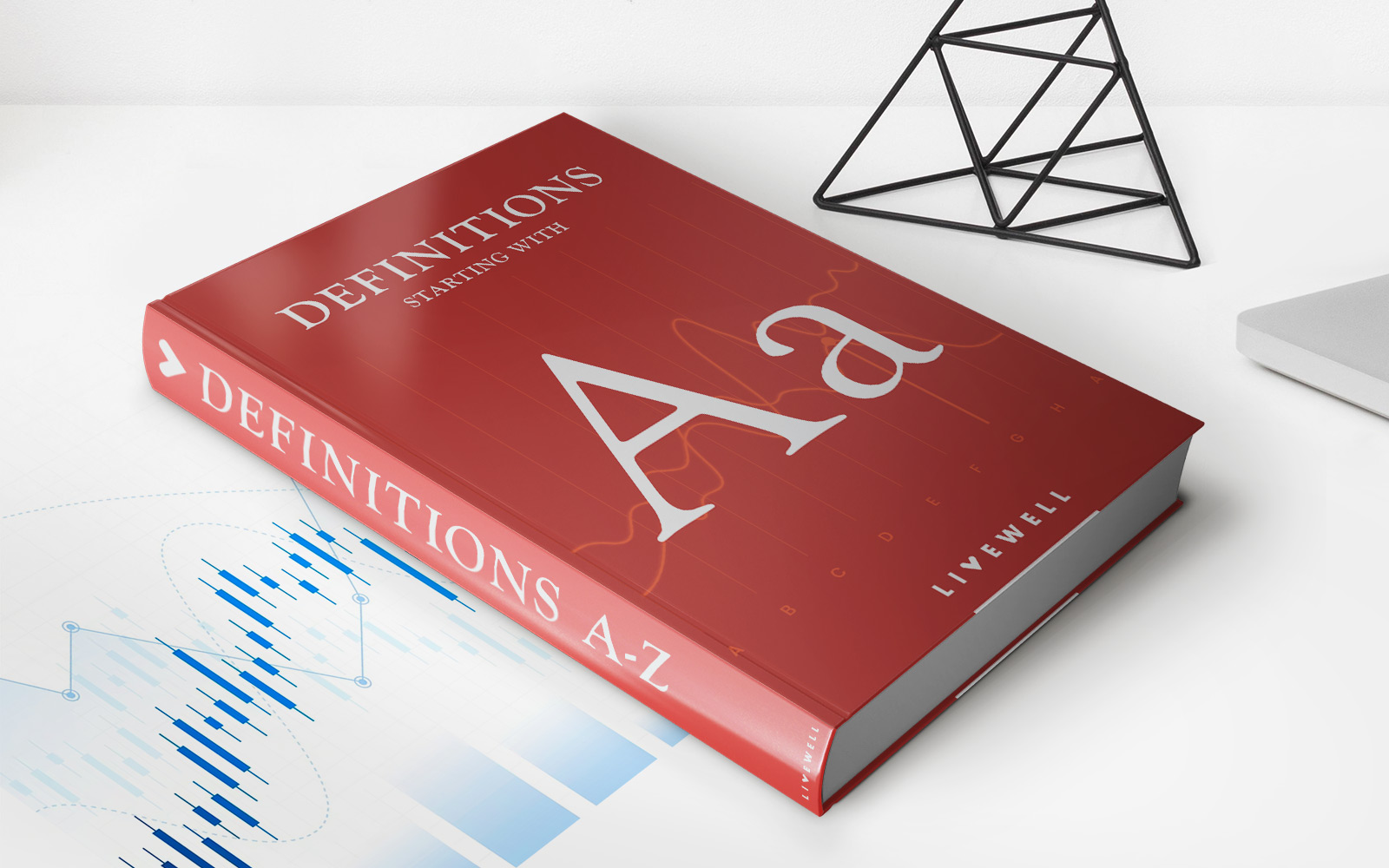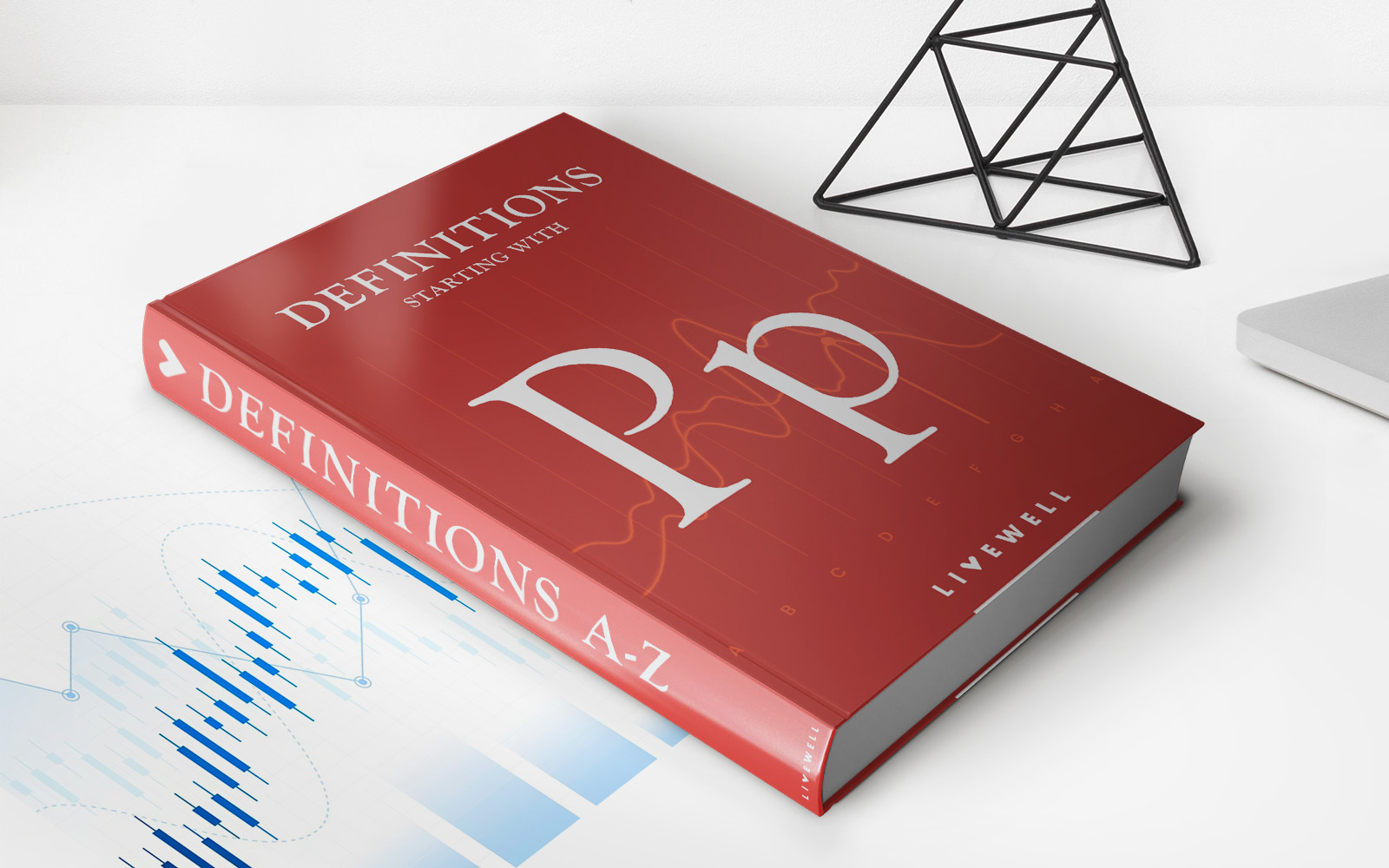Home>Finance>Why Do I Have Accrued Interest While In Grace Period?


Finance
Why Do I Have Accrued Interest While In Grace Period?
Modified: March 1, 2024
Learn why accrued interest occurs during a grace period and how it impacts your finances. Gain insights into managing accrued interest in finance.
(Many of the links in this article redirect to a specific reviewed product. Your purchase of these products through affiliate links helps to generate commission for LiveWell, at no extra cost. Learn more)
Table of Contents
Introduction
Understanding Grace Periods
When it comes to managing student loans or credit cards, understanding the concept of grace periods is crucial. A grace period is a set period after the due date during which a payment can be made without incurring any financial penalties. It's essentially a buffer that gives borrowers some breathing room to make their payments without facing the consequences of late fees or negative impacts on their credit scores.
During this grace period, borrowers may wonder why they still see accrued interest on their accounts. This phenomenon can be perplexing, especially for those who diligently make their payments within the grace period. Understanding why accrued interest occurs during the grace period is essential for borrowers to effectively manage their finances and minimize unnecessary costs.
In this article, we will delve into the intricacies of grace periods, shed light on the concept of accrued interest, explore the reasons behind accrued interest during the grace period, and provide valuable insights on how to minimize accrued interest in this scenario. By the end of this article, you will have a comprehensive understanding of why accrued interest persists during grace periods and how to navigate this financial landscape effectively.
Understanding Grace Periods
Grace periods are a valuable component of many loan and credit agreements, providing borrowers with a window of time after the due date to submit their payment without facing penalties. Typically, these grace periods are applied to student loans, credit cards, and other forms of revolving credit. It’s important to note that grace periods vary depending on the type of loan or credit agreement, so borrowers should always refer to their specific terms and conditions for accurate information.
For student loans, the grace period often begins after the borrower graduates, leaves school, or drops below half-time enrollment. During this period, which usually lasts six months, borrowers are not required to make payments on their loans. This grace period offers recent graduates the opportunity to secure stable employment and establish their financial footing before entering full repayment.
Credit cards also commonly feature grace periods, allowing cardholders to avoid interest charges on purchases if the outstanding balance is paid in full by the due date. This feature is particularly beneficial for responsible cardholders who pay off their balances monthly, as they can effectively utilize interest-free short-term financing.
It’s important to understand that while grace periods protect borrowers from incurring late fees or negative credit reporting during the specified timeframe, interest may still accrue on the outstanding balance. This aspect can be confusing for individuals expecting a zero-interest window during the grace period. However, the accrual of interest is a standard practice in the finance industry and is influenced by various factors, including the terms of the loan or credit agreement.
By comprehending the purpose and function of grace periods, borrowers can make informed decisions about their financial obligations and take advantage of the flexibility provided by these periods. In the following sections, we will delve into the concept of accrued interest and explore the reasons behind its persistence during grace periods.
Accrued Interest Explained
Accrued interest refers to the accumulation of interest on a loan or credit account over a specific period. This interest is calculated based on the outstanding principal balance and the applicable interest rate. Even during a grace period, when borrowers are not penalized for late payments, interest continues to accrue on the unpaid balance. This means that the longer the balance remains outstanding, the more interest will accumulate.
Accrued interest is a fundamental aspect of borrowing and lending, representing the cost of utilizing borrowed funds. Lenders rely on accrued interest to generate income from the loans they extend, and it plays a significant role in the overall cost of borrowing for the borrower. Understanding how accrued interest impacts loan balances is crucial for borrowers seeking to manage their debts effectively.
For example, let’s consider a student loan with a principal balance of $10,000 and an annual interest rate of 5%. If the borrower enters a six-month grace period after graduation and does not make any payments during this time, the interest will continue to accrue on the $10,000 balance. At the end of the grace period, the accrued interest will be added to the principal balance, increasing the overall amount owed.
Accrued interest can also affect credit card balances. When cardholders carry a balance from one billing cycle to the next, interest accrues on the outstanding amount. Even if the card has a grace period for new purchases, interest may still accumulate on the existing balance if it is not paid in full. This highlights the importance of understanding how accrued interest impacts different types of credit accounts.
By grasping the concept of accrued interest, borrowers can make informed decisions about their repayment strategies and avoid unexpected increases in their outstanding balances. In the next section, we will explore the reasons why accrued interest persists during grace periods, shedding light on the factors that contribute to this financial phenomenon.
Reasons for Accrued Interest During Grace Period
Several factors contribute to the persistence of accrued interest during grace periods. Understanding these reasons is essential for borrowers to navigate their financial obligations effectively and minimize the long-term impact of accrued interest. The following are key reasons why interest continues to accumulate during grace periods:
- Loan Terms and Agreements: The terms and conditions of a loan or credit agreement play a significant role in the accrual of interest during grace periods. Lenders specify the interest calculation methods and the applicability of grace periods in the loan agreements. It’s essential for borrowers to review these terms carefully to understand how interest accrues and impacts their outstanding balances.
- Daily Interest Accrual: Many loans and credit accounts calculate interest on a daily basis. This means that interest accrues every day based on the outstanding balance. Even during a grace period, the daily accrual of interest continues, contributing to the overall accrued interest at the end of the grace period.
- Unpaid Interest Capitalization: In some cases, unpaid interest during the grace period may be capitalized, meaning it is added to the principal balance at the end of the grace period. This can result in a higher outstanding balance and increased interest charges over the life of the loan.
- Deferred Interest: Certain types of loans, such as subsidized federal student loans, may feature deferred interest. This means that while borrowers are not required to make payments during the grace period, the interest continues to accrue and may be added to the principal balance at the end of the grace period.
These reasons illustrate why accrued interest persists during grace periods, highlighting the importance of understanding the specific terms of loan agreements and credit accounts. By being aware of these factors, borrowers can take proactive measures to minimize the impact of accrued interest and make informed decisions about their repayment strategies.
In the subsequent section, we will explore effective methods for minimizing accrued interest during grace periods, empowering borrowers to manage their finances more efficiently.
How to Minimize Accrued Interest During Grace Period
While accrued interest during grace periods is a common aspect of loan and credit agreements, there are strategies that borrowers can employ to minimize its impact and manage their financial obligations more effectively. By implementing the following approaches, borrowers can mitigate the long-term effects of accrued interest:
- Early Payments: Making early payments, even during the grace period, can help reduce the outstanding balance and limit the accumulation of interest. By proactively addressing the accruing interest, borrowers can minimize its impact on the overall loan or credit account.
- Partial Payments: Submitting partial payments during the grace period can also be beneficial. While the full payment may not be due, reducing the outstanding balance can decrease the amount of interest that accrues over time, ultimately saving money in the long run.
- Understanding Interest Capitalization: For borrowers with loans featuring deferred interest or unpaid interest capitalization, understanding how these mechanisms work is crucial. By comprehending the implications of interest capitalization, borrowers can make informed decisions about their repayment strategies.
- Refinancing or Consolidation: In some cases, refinancing or consolidating loans may present opportunities to manage accrued interest more effectively. By exploring these options, borrowers can potentially secure lower interest rates and restructure their repayment terms to minimize the impact of accrued interest.
By leveraging these strategies, borrowers can take proactive steps to mitigate the impact of accrued interest during grace periods, ultimately reducing the long-term cost of borrowing. It’s important for borrowers to stay informed about their specific loan or credit terms and explore the available options for managing accrued interest effectively.
As we conclude this discussion, it’s evident that accrued interest during grace periods is a nuanced aspect of borrowing and lending. By understanding the reasons behind its persistence and implementing proactive measures to minimize its impact, borrowers can navigate their financial obligations more confidently and mitigate unnecessary costs.
Conclusion
In conclusion, the presence of accrued interest during grace periods is a common but often misunderstood aspect of loan and credit agreements. While grace periods provide borrowers with valuable flexibility by allowing them to make payments without incurring penalties, accrued interest continues to accumulate on the outstanding balances. Understanding the reasons behind this phenomenon and implementing strategies to minimize its impact is essential for effective financial management.
By comprehending the nuances of grace periods and accrued interest, borrowers can make informed decisions about their repayment strategies, ultimately reducing the long-term cost of borrowing. Early or partial payments during grace periods, coupled with a clear understanding of interest capitalization and the potential benefits of refinancing or consolidation, can empower borrowers to mitigate the impact of accrued interest on their loan or credit accounts.
Furthermore, staying informed about the specific terms and conditions of loan agreements and credit accounts is crucial for borrowers seeking to navigate the complexities of accrued interest during grace periods. By proactively managing this aspect of their financial obligations, borrowers can minimize unnecessary costs and make meaningful progress towards their financial goals.
Ultimately, accrued interest during grace periods underscores the importance of financial literacy and proactive financial management. By leveraging the insights and strategies presented in this article, borrowers can navigate the intricacies of accrued interest with confidence and optimize their financial well-being.
As borrowers continue to engage with their loan and credit obligations, a comprehensive understanding of grace periods and accrued interest will serve as a valuable asset, empowering them to make informed decisions and manage their finances effectively.














